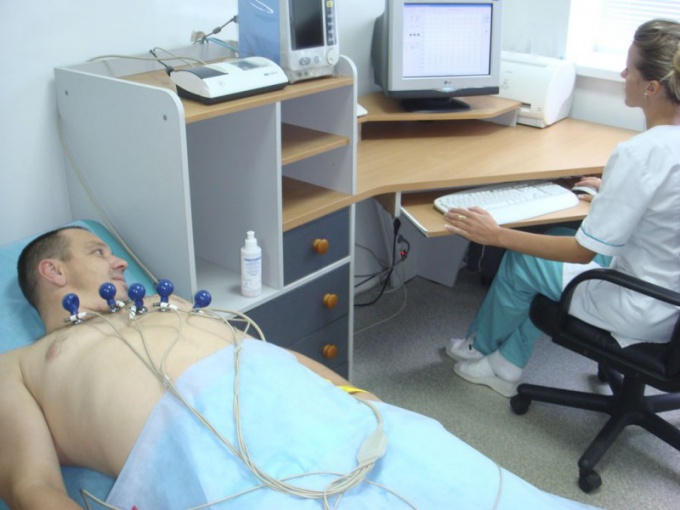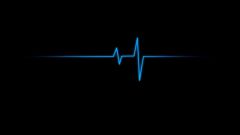You will need
- - ECG;
- - a full medical examination.
Instruction
1
If you systematically low pulse, it may be caused by recent serious illness. During the recovery period after infectious diseases, colds, as well as after recent surgery for any reason, the pulse rate may remain less than 60 beats per minute. After the rehabilitation period, as a rule, all comes to normal. To correct this situation is taking adaptogens, Eleutherococcus, ginseng, pantokrina or other similar means, which operate a tonic, improve immunity, and some increase the heart rate.
2
Also cause reduction of the cardiac rhythm may be a violation of the autonomic nervous system. This disease requires serious and prolonged correction under the supervision of a neurologist and a General practitioner.
3
Taking medications to treat a variety of diseases can cause bradycardia, so when you visit your doctor, inform him about all the medications you are taking.
4
Ischemic heart disease, myocarditis, post-operative and post-infarction scars, atherosclerosis, low thyroid function, high intracranial pressure - all this causes bradycardia.
5
It is necessary to adjust not only heart rate, but also to treat the underlying disease. The doctor will prescribe a complete examination, ECG. The results obtained will depend on the treatment regimen.
6
Decrease heart rate is a very dangerous condition that often leads to fainting. The patient feels constant fatigue, drowsiness, depression, depressive state. Reduces not only physical but also mental activity.
7
If the rhythm cannot be controlled by medicines and it is quite difficult, you will undergo a surgery to install a pacemaker.



